The content of the article
When the owner notices increased salivation in his pet, he begins to worry about what causes this condition. In addition, a pet’s current drooling can be a nuisance to dogs living in the house.
When is this normal?
Normally, drooling is constant in dogs. They are produced by several types of glands: submandibular, parotid, zygomatic and sublingual. Large dogs breed approximately one liter of saliva per day. Smaller four-legged friends produce them about half a liter. With the allocation of more saliva - we can talk about increased salivation.
Causes of Profuse Salivation
When saliva is separated in a visible amount, which alarms the owner, this can be caused by physiological and pathological reasons. The former are the norm and do not require specific treatment. If you suspect a pathology, it is urgent to show the animal to the veterinarian, because many of them pose a danger to the health and life of the pet.
Physiological
- A characteristic feature of certain breeds. Some breeds, especially large ones, such as German boxers, English mastiffs, Basset hounds, St. Bernards and many others, have increased salivation. This is in no way a pathology, but simply caused by certain structural features of the body of their representatives.
- Pregnancy. Female dogs, like women, suffer from hormonal changes in the body during the gestation period of puppies. This period may well be accompanied by toxicosis, which is characterized by nausea, dizziness and, accordingly, increased salivation.
- At the sight of food. When the animal is hungry, and quite strong enough, the saliva flows naturally at any mention of food. At the same time, the pet can wag its tail funny or persistently ask for food, sitting near the refrigerator door. There are hardly any owners who do not feed their four-legged friends, but there are different cases.
- Motion sickness. If the owner with his four-legged friend is on a trip, the duration of which is more than 20 minutes, then he could easily have been rocked. The main thing is that the condition improves within an hour. If this does not happen, then the cause of increased salivation is different.
Pathological
- Improper nutrition. The presence in the diet of too oily and heavy food, which can provoke excessive production of bile, saliva and gastric juice. Therefore, it is worth reviewing the dog’s diet.
- Stressful situations. Prolonged nervous tension, accompanied by prolonged barking, can cause excessive salivation.
- Chronic diseases of the digestive tract and oncological processes in them. As a rule, such conditions are accompanied by some more common symptoms, such as general malaise, lethargy, lethargy, excessive drowsiness and others.
- Viral diseases. Many infections of the upper respiratory tract cause a similar condition not only in humans, but also in our smaller brothers.
- Diseases of the teeth and gums. They are a common cause of excessive salivation and dogs. These include periodontitis, stomatitis, gingivitis and many others.
- Foreign object in the mouth. All dog owners know how much these animals love to pick up everything they don’t need from the floor. It can be some sharp object, for example, a pin or a carnation. Often the cause of increased salivation in a dog is a small bone that gets stuck in the throat while eating. This can be very dangerous for the animal.
- The same diet with exclusively dry food. If the animal eats dry food, then sufficient fluids are needed to assimilate it. Saliva in this situation just acts as the same fluid. Therefore, the dog needs to be given more water and the right decision will be to diversify the diet.
- Injuries to the auricles or inflammatory processes in the ears. Most saliva is produced by the parotid glands. If there is an inflammatory process and infection in the ENT organs of a pet, then salivation increases.
- Poisoning. A pet can get poisoned by food, some plants for a walk, drugs and chemicals. Not every poisoning is fatal, but in most cases the dog just needs medical attention. Otherwise, there is a risk of losing your beloved tailed friend.
- Allergic reactions. They, as a rule, are completely individual for each representative of the animal world. They can manifest themselves in completely different ways, from mild ailment to very dangerous conditions.
- Worms. Their presence in the body can cause many common symptoms. These include increased salivation. It appears from the poisoning of the body by the waste products of parasites.
What measures should be taken?
The first thing to do is to rule out the most common physiological causes. If this is not a characteristic feature of the breed, the dog is not hungry, not pregnant, and it certainly didn’t get sick, then the only and most correct decision is to seek advice from a veterinary clinic.
You yourself need to pay attention to the following things:
- It is necessary to remember what the dog was eating before. It is possible that expired or forbidden products that the dog is not supposed to eat were used for food. If you suspect poisoning, you can give the animal sorbents that will help remove harmful substances from the body: Activated Carbon, Atoxil, Enterosgel and others. (!) List of prohibited products: flour products, fatty meat, sweets, snacks, alcohol.
- It is required to examine the dog's mouth for the presence of foreign objects in it. If there is something there, the item should be urgently taken out of there whenever possible. You can do this with your hands or with tweezers.
- If the animal suffers from stressful conditions, then it is necessary to introduce vitamin-mineral complexes with B vitamins in its composition into its diet. This will strengthen the nervous system and protective functions of the body, weakened by stress. If the condition is too alarming, then you must ask the veterinarian to write a sedative. It is important to maintain a comfortable environment for the dog so that it does not have a reason for stress.
- If saliva is excreted in a hungry animal, then it is necessary to give it the opportunity to eat. As soon as he is full, the salivation will disappear.
Increased salivation in dogs in most cases is completely normal, and is not associated with any disease. However, if salivation is accompanied by additional symptoms or occurs too often, a veterinarian should be consulted, because many reasons pose a danger to the animal's life.

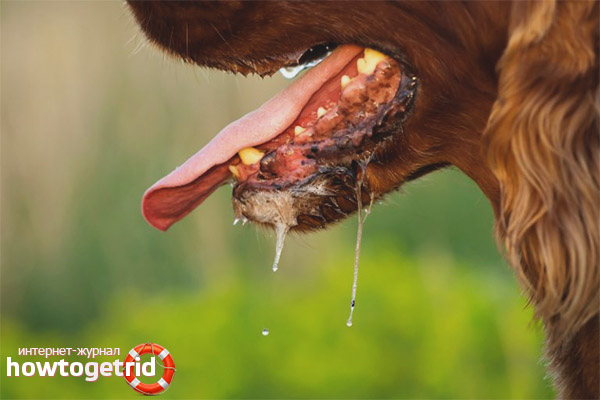
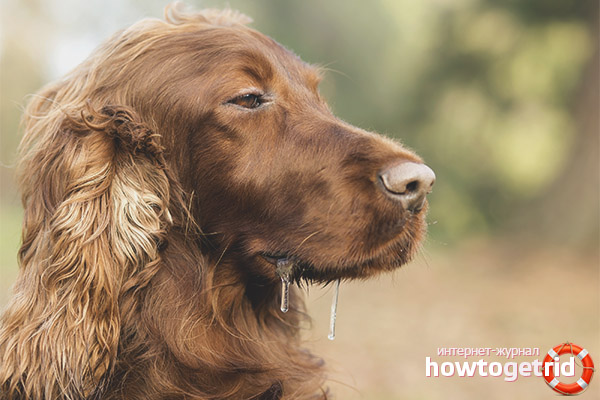
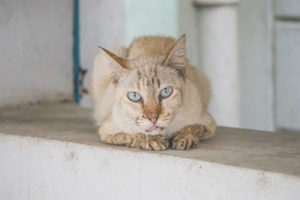
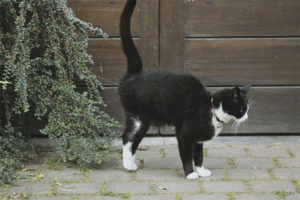
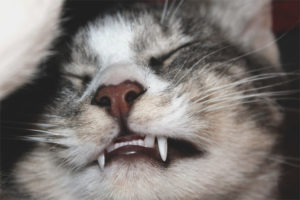
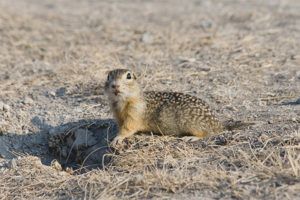
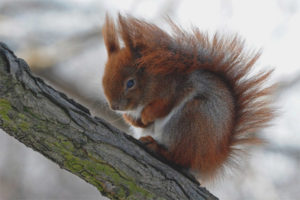
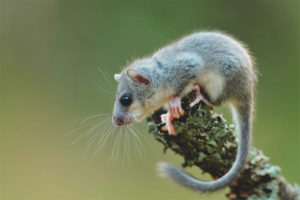

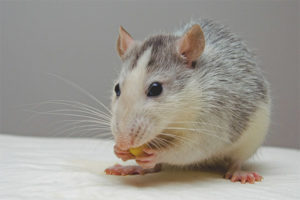
Submit